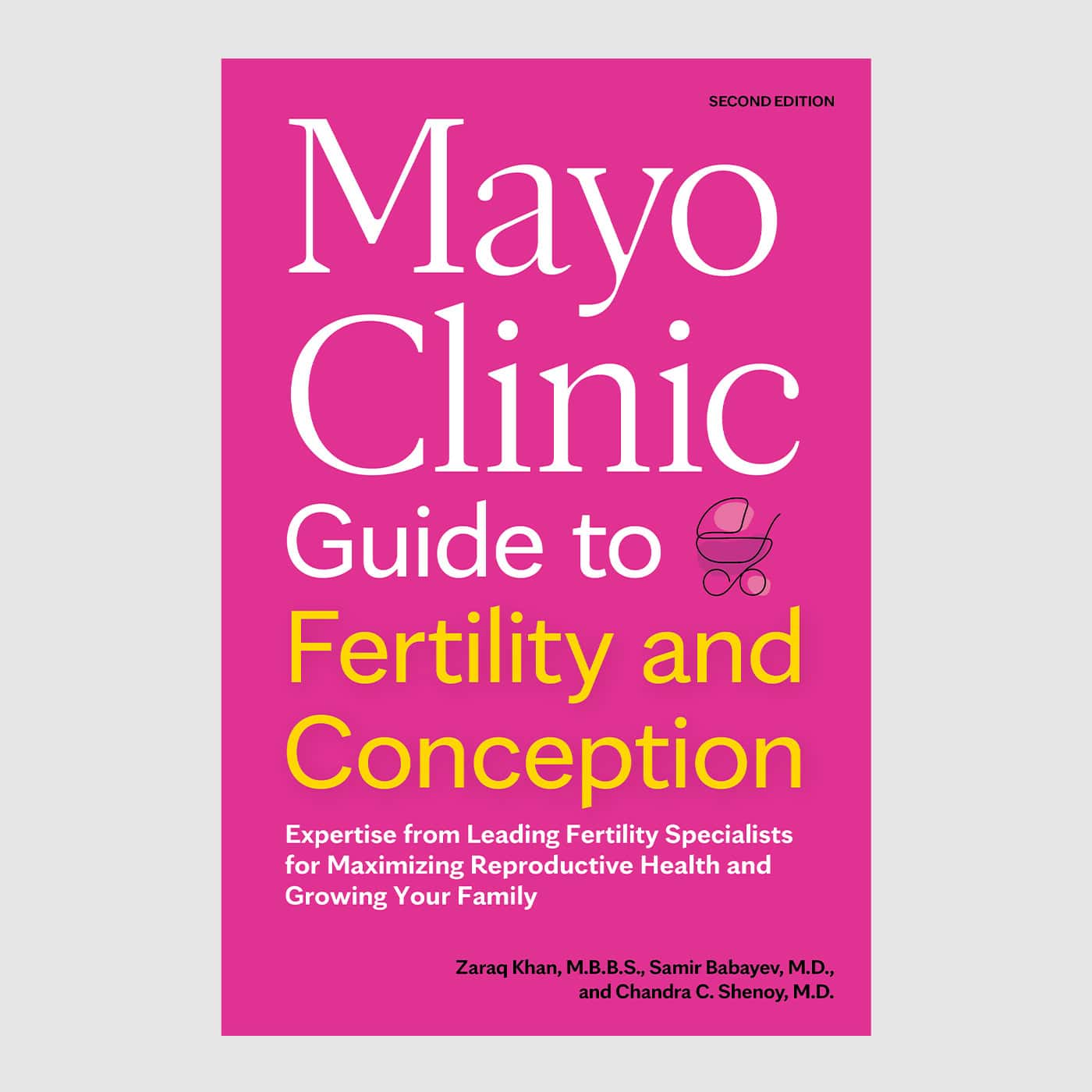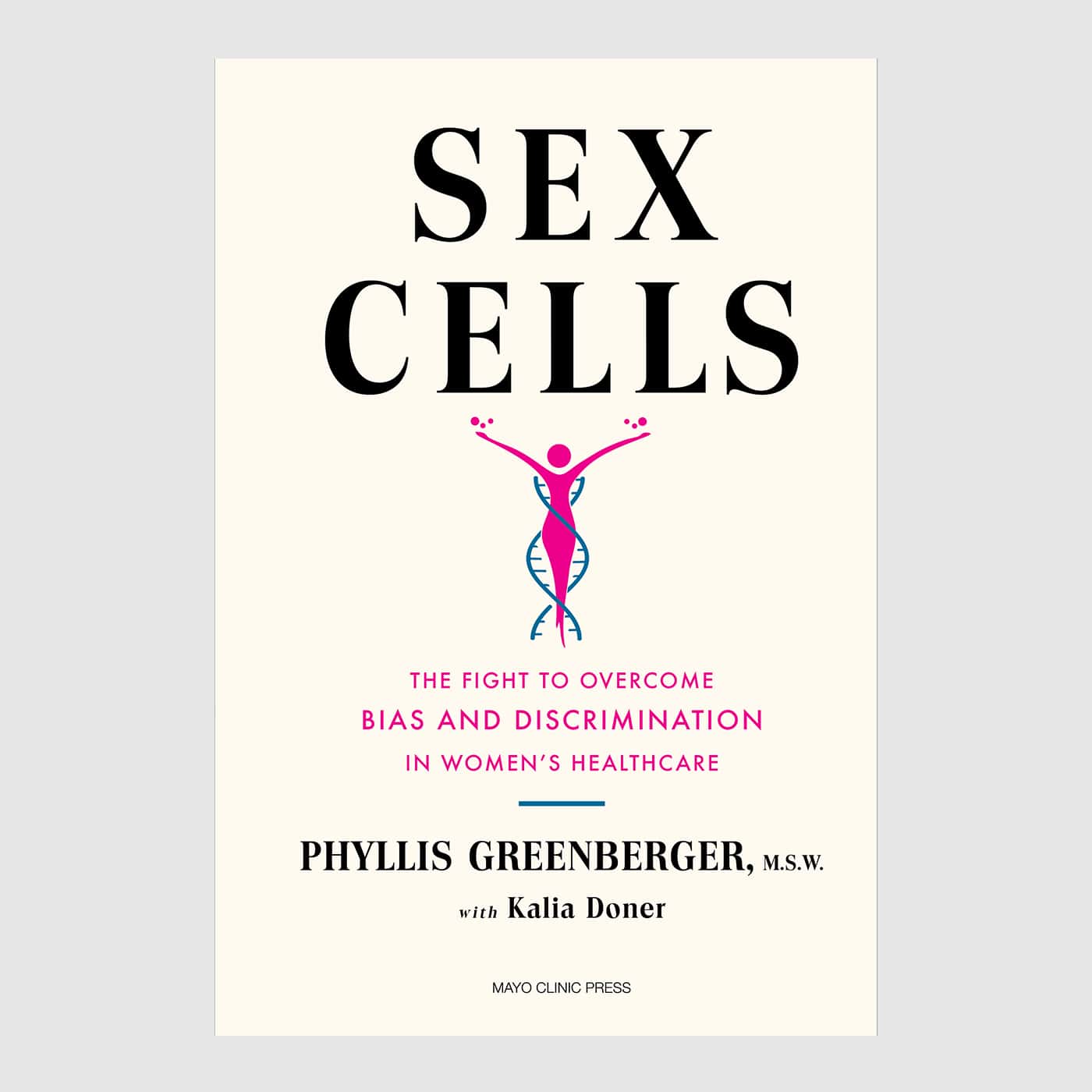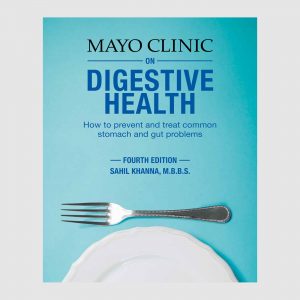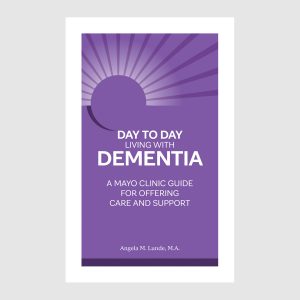
The Mayo Clinic Guide to Fertility and Conception is the ultimate guide to expanding your family through pregnancy, with clear information and tips for getting pregnant as well as inclusive expertise on options available to all individuals and families. Based on their extensive expertise in helping people build their families, Mayo Clinic physicians break down what contribuites, to healthy eggs and sperm, steps you can take to get ready for pregnancy, how babies are made, and tips for ovulation tracking, timing sex, and improving you chances.
What you put into your body matters. As with other habits, what you eat and drink on a daily basis can have a big impact on your health. And, as it turns out, it may even affect your fertility. Although there’s no silver bullet when it comes to food and fertility, there are certain groups of nutrients that may influence the process of ovulation in your favor. And there are other nutrients that seem to do the opposite, reducing fertility.
One of the largest bodies of evidence for the effects of diet on female fertility comes from a long-standing group of studies related to women’s health, known collectively as the Nurses’ Health Study. Every couple of years investigators collect questionnaires
filled out by registered nurses answering questions related to lifestyle factors, including diet.
Is There a “Fertility Diet?”
In recent years, a growing collection of research has added to the data on dietary patterns and fertility. Studies have focused on people trying to conceive without medical help and on people using assisted reproductive technology (ART) such as in vitro fertilization.
It’s important to note that the results of different studies on diet and fertility aren’t completely consistent. More research is still needed to answer many questions. But there are some takeaways with increasing evidence to support them.
Mostly, a healthy diet for fertility looks a lot like generally eating for good health. So if you already have healthy eating habits, you’re well on your way to paving the road for conception. And if you need to make some changes to the way you eat, you’ll be doing your heart, blood vessels, brain and other body systems plenty of good, in addition to your reproductive system. Plus, eating a healthy diet can help you reach a healthy weight if you have weight concerns, which can further improve your chances of conception. What’s not to like?
While there is no single proven “fertility diet,” the Mediterranean diet is one dietary pattern with evidence for its fertility benefits. This way of eating focuses on plant-based foods, such as whole grains, vegetables, legumes, fruits, nuts, seeds, herbs and spices. Olive oil is the main source of added fat. Fish, seafood, dairy and
poultry are included in moderation, while red meat and sweets are eaten only occasionally. Eating habits based on the Mediterranean diet are especially good for heart health. The diet is also linked with a lower risk of diabetes, improved brain and gut health, and better fertility. Note that while drinking red wine in moderation is typically part of the Mediterranean diet, it’s recommended to avoid alcohol when you’re trying to become pregnant.
Some research has looked specifically at the Mediterranean diet and its effects on fertility. But many parts of the diet, such as eating lots of fruits and vegetables, are generally healthy ideas that may be good for fertility on their own.
Carbohydrates: Natural, Not Processed
When it comes to optimizing your chances of getting pregnant — and, really, your health in general — not all carbs are created equal.
Carbohydrates have gotten a bad rap in the last few decades, especially when it comes to weight loss. A number of popular diets have emphasized eating very few carbs or no carbs at all. Carbs aren’t all bad, though. They’re essential. Most of the time, they’re your body’s main source of energy. And getting plenty of complex carbs as part of a balanced diet seems to be part of fertility-friendly eating habits.
Simple and Complex Carbs
Carbohydrates are a macronutrient found in many different foods and beverages. When you consume carbs, your body uses them to make blood sugar (glucose). Blood sugar is the fuel that travels through your bloodstream to give your body the energy it needs to function.
There are two basic types of carbohydrates: complex and simple. Complex carbs include foods containing starch and dietary fibers, such as starchy vegetables, legumes and whole-grain products — foods made with the whole grain still intact as opposed to refined. Think whole-wheat versus white bread. Simple carbs include naturally occurring sugars found in fruits, some vegetables and milk, as well as sugars added during food processing and refining.
Carbs and Blood Sugar
Carbs also can be classified by the way they affect your blood sugar levels (glycemic index). Simple carbs are high on the glycemic index. These kinds of carbohydrates are easily absorbed and quickly converted to glucose in your body — especially those that are in highly processed foods, such as white bread, candy, cake and many breakfast cereals. They cause an abrupt and often sharp increase in your blood sugar.
Carbs that are low on the glycemic index generally are more complex. They contain more fiber, take longer to be digested and provide energy over a longer period of time. These include foods such as oatmeal, barley, brown rice, vegetables, fruits, chickpeas, lentils and beans.
Two hormones from your pancreas help regulate your level of blood sugar. The hormone insulin moves sugar from your blood into your cells when your blood sugar level is high. The hormone glucagon helps release the sugar stored in your liver when your blood sugar level is low. This process helps keep your body fueled and ensures a natural balance in blood sugar.
If you eat too many carbs that are high on the glycemic index, you may be more prone to large spikes in your blood sugar level or to chronically high blood sugar levels. Over time, these can contribute to insulin resistance. In this condition, your body doesn’t respond to normal amounts of insulin — your blood sugar level stays high. The pancreas continues to make more insulin until the body catches up. Then blood sugar levels can come crashing down. Insulin resistance is associated with a number of health problems, including type 2 diabetes and heart disease, but it also may be associated with fertility problems.
Carbs and Fertility
The Nurses’ Health Study found that the total amount of carbohydrates women took in didn’t make a difference in terms of fertility. But women who consumed primarily simple and refined carbohydrates — a diet with a high glycemic load — were at greater risk of not ovulating than were women whose diets registered a lower glycemic load.
These women were described as having a greater risk of ovulatory infertility. On the other hand, women who ate mostly foods with a low glycemic load were at a lower risk of ovulation problems.
This may have to do with increased insulin resistance and its effects on reproductive hormones. Using computer models of the women’s diets, however, the investigators also discovered that consuming refined carbs at the expense of naturally occurring fats — substituting a bag of chips for a handful of nuts, for example — also increased the risk of ovulatory infertility. So it may be that natural fats, particularly unsaturated ones, improve ovulation as well.
What’s the bottom line? Whenever you can, choose whole grains, veggies, whole fruits and beans over highly processed foods, such as french fries and cookies, and oversized portions of pasta or rice. This might mean packing a lunch more often or making different choices when you go out to eat, but it can help boost your health in a number of ways. The first group of foods will provide your body with healthy, long-lasting fuel, keep your blood sugar in balance and your hormones running smoothly, and potentially make it easier for you to conceive.

Relevant reading
Mayo Clinic Guide to Fertility and Conception, Second Edition
Mayo Clinic Guide to Fertility and Conception, 2nd Edition is the ultimate guide to expanding your family through pregnancy, with clear information and tips for getting pregnant as well as inclusive expertise on options available for all individuals and families.

Relevant reading
Sex Cells
Sex Cells is the tale of getting the scientific and medical world to recognize that women are unique. This book gives readers access to the wide world of sex-specific medical issues as they play out in the research labs and doctor’s offices, and how women pay the price, with a…




















